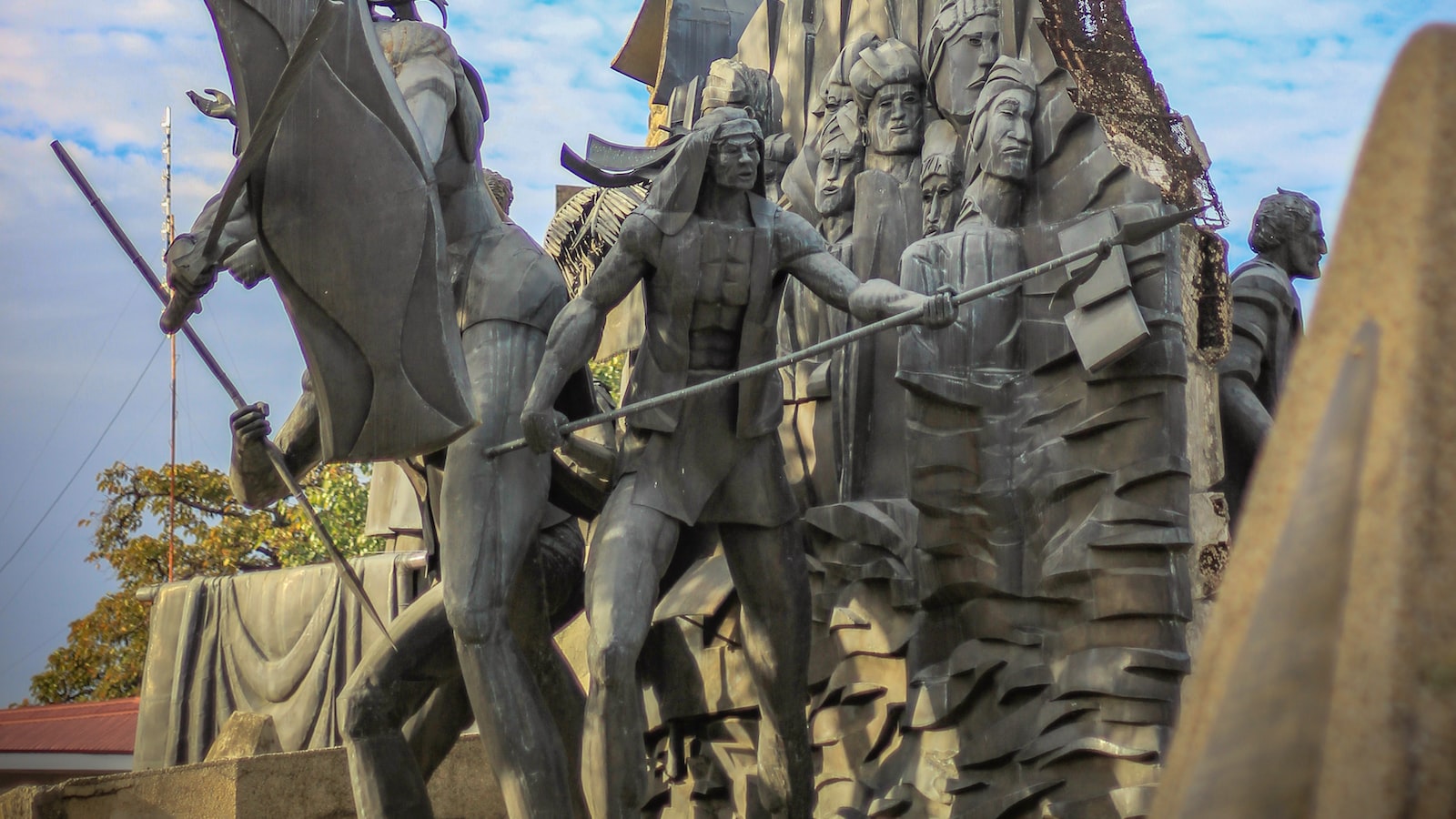In the early days of Christianity, meditation was not just a spiritual practice, but a way of life. It was a means of connecting with God, of finding inner peace, and of understanding the mysteries of the universe. The early Christians believed that by contemplating their faith, they could unlock the secrets of the divine and gain a deeper understanding of their place in the world. Today, as we face a world that is increasingly complex and uncertain, many are turning to the ancient practice of Christian meditation as a way of finding solace and meaning in their lives. In this article, we will explore the history and practice of early Christian meditation, and how it can help us to connect with our faith and find inner peace in a world that often seems chaotic and overwhelming.
1. The Art of Contemplating Faith: A Journey into Early Christian Meditation
Contemplating faith is an art that has been practiced by Christians for centuries. Early Christian meditation is a way of deepening one’s relationship with God through prayer and reflection. It involves quieting the mind and focusing on God’s presence within oneself and in the world around us.
Through this practice, Christians can gain a deeper understanding of their faith and develop a closer relationship with God. Early Christian meditation involves various techniques such as breathing exercises, visualization, and repetition of prayers or scripture. These techniques help to quiet the mind and create a space for God to speak to us.
- Breathing exercises: Focusing on one’s breath can help to calm the mind and bring one’s attention to the present moment.
- Visualization: Imagining oneself in a peaceful setting or visualizing a biblical scene can help to deepen one’s connection with God.
- Repetition of prayers or scripture: Repeating a prayer or scripture can help to focus one’s mind and create a sense of peace and calm.
Overall, the art of contemplating faith is a journey that requires patience, dedication, and an open heart. Through early Christian meditation, Christians can deepen their understanding of their faith and develop a closer relationship with God.
2. Uncovering the Roots of Christian Meditation: Exploring the Practice of Contemplation
Christian meditation is a practice that has been around for centuries, yet many people are still unfamiliar with its roots and benefits. Contemplation is a form of meditation that focuses on quieting the mind and opening oneself up to the presence of God. It is a way to deepen one’s relationship with God and to find inner peace and clarity.
One of the earliest known Christian contemplatives was the Desert Father, John Cassian. He wrote extensively about the practice of contemplation and its importance in the spiritual life. Other notable contemplatives include St. Teresa of Avila, St. John of the Cross, and Thomas Merton. Today, many Christians practice contemplation through prayer, scripture reading, and silent meditation. It is a way to connect with God on a deeper level and to find peace in the midst of a busy and chaotic world.
3. From the Desert Fathers to Modern Times: Tracing the Evolution of Early Christian Meditation
Early Christian meditation has a rich and diverse history that spans centuries. From the Desert Fathers of the 3rd and 4th centuries to modern times, the practice has evolved and adapted to the changing needs of believers. Here are some key moments in the evolution of early Christian meditation:
– The Desert Fathers: These early Christian hermits lived in the deserts of Egypt and Syria and sought to live a life of prayer and contemplation. They developed a form of meditation that focused on the repetition of short prayers or phrases, such as the Jesus Prayer (“Lord Jesus Christ, Son of God, have mercy on me, a sinner”). This practice, known as hesychasm, became a cornerstone of Eastern Orthodox spirituality.
– The Medieval Mystics: In the Middle Ages, Christian mystics such as Julian of Norwich and Teresa of Avila developed new forms of meditation that emphasized the experience of God’s presence. They wrote extensively about their mystical experiences and encouraged others to seek a deeper relationship with God through meditation and contemplation.
Today, there are many different forms of Christian meditation, from the traditional practices of the Desert Fathers to more modern approaches such as centering prayer and mindfulness meditation. Regardless of the specific form, the goal of Christian meditation remains the same: to deepen one’s relationship with God and cultivate a sense of inner peace and spiritual growth. As we delve into the world of early Christian meditation, we are reminded of the importance of contemplation and reflection in our faith. Through the practices of the early Christians, we can learn to connect with our spirituality on a deeper level and find peace in the midst of chaos. Whether we choose to incorporate these practices into our daily lives or simply appreciate their historical significance, the lessons of contemplation and faith remain relevant to us today. As we continue to explore the rich history of Christianity, let us remember the power of quiet reflection and the transformative potential of meditation.
